There's been a lot of study on music exposure and language development. Jude has seemed to defy all of the research. It's certainly not for lack of exposure --to me, silence is a vacuum and I invariably have music playing, from classical to country to pop and everything in between, but Jude still has trouble with language skills. That's no secret. But until recently, he couldn't -- or wouldn't -- sing. Most toddlers and preschoolers belt out just about anything, from the song you didn't think they were really hearing to the latest Disney soundtrack, but not Jude. Toddlers have an amazing sense of rhythm, but Jude never seemed to develop this, and he has no sense of rhyme or cadence. Even at age 7, he's never done the "cute little kid sing and dance" shtick. His speech therapist recommended beginning a music program with him, because it's a nonverbal way to learn language skills, and it's inherently multisensory - hearing music, playing an instrument involves touch, and a good program teaches rhythm through simultaneously counting aloud and speaking. When we had the opportunity to study using HomeSchoolPiano and the accompanying HomeSchoolPiano Complete Set of Books I was elated.
About HomeSchoolPiano:
HomeSchoolPiano is almost exactly the type of program recommended for Jude. Willie Myette's vision for teaching isn't just about learning to play notes on an instrument. It's a total curriculum that combines technique with rhythm, ear training, music reading, song and improvisation. It starts with absolute basics for students who have no experience with music, yet still has plenty to teach the accomplished pianist who wants to learn to create his own arrangements. It's a piano program for students of all ages - from "kids whose hands barely fit" to "adults who wish they knew more but don't have time to take lessons." Yes -- I tried it too! I've always wanted to learn how to play "properly" -- I can eek out the melody of a song, but I would love to be able to play "both lines" (melody and harmony) of a composition.
The program is divided into four "books." Each program book has an accompanying PDF file text.
- Core Piano - for the absolute beginner. It teaches the before-the-playing fundamentals, like "How do I find a C note?" to proper posture and key-pressing. Wilie's "Grab Technique" employs what seems like a non-orthodox study aid (a tissue!) but it's a terrific way to show how to slide your fingers along the piano keys, and not just mash at them. Even if you have some piano experience, it is a good review for all levels.
- Book 1 is for the beginner, covering basic scales, theory, and dynamics. This is for the student who has little to no experience with playing.
- Book 2, for the intermediate student, explores improvisation, fingering patterns, and music styles.
- Book 3 studies scales and composition for the more accomplished pianist -- maybe you already know how to play what's on the page, but want to "make it your own." This level teaches you how.
The great thing about HomeSchoolPiano is it is online video based. Anywhere you have internet access -- a laptop, a tablet, even a smartphone! -- and a piano or keyboard, you can have piano lessons. A student studies at his own pace, when he can fit the lessons in. Now, I don't recommend 3 am as a good time to be banging away at a piano, but hey...if you don't have sleeping neighbors and that's when it fits in, you can have nite owl sessions! I love the video-based aspect, because if I don't understand something, I can scroll back (or start over). If it's been a little while since I had an oppportunity to sit and play, I can skip back a lesson and refresh my memory. This program is great for the younger student who wants to try but isn't ready for "regular" lessons. Once you purchase the program ($299 for up to 5 students; a three month payment plan of $99.97 is available), it's yours forever. There were weeks of the review where Jude played every day, and then where he'd not want to play for an entire week. Sometimes he just needed more time to "process" what he was learning, or to repeat the lesson because he just didn't "get" it the first time. I wouldn't let him move on until he had mastered the prior lesson, but we didn't have the "Did you practice???" arguments that Celia and I sometimes have between her weekly lessons (knowing in the back of my mind that if she hasn't, it's potentially a waste of tuition that coming week).
HomeSchoolPiano in Our Homeschool:
So...now that I've told you all the particulars, the next question to answer is "But did it do what you wanted it to do? Can Jude play? Did it help his language?" The answer to both is yes.If you click on the Crew banner below, you'll find links to other crew reviews. You will see other students playing their own compositions and arrangements, which shows you how far you can go with the program. Jude didn't get quite as far as a pianist, but the program has made a difference in the practical uses of language. For a year now, we've been working on slowing down Jude's speech. Not only does he mispronounce half of what he says, he speaks so quickly that it's even more garbled. His mouth almost literally can't keep up with his thoughts. His therapist has been working on having him "Tap It Out" - the idea is to make each syllable a beat, but we'll settle for one word per beat. It's to where many times now we just hold out our hand for him to tap his finger on; we don't even say "Tap it," anymore. It slowed him down, but it didn't get a "proper speech cadence" going with him. With HomeSchoolPiano, before you even play, you work on rhythm. The program consists of a cyclical presentation of themes, and how they are interrelated.
I love how the program doesn't just jump between "here's how to play the notes, here's a song..." Timing and musicality are just as important to music -- imagine the speedy, mostly eighth notes and 2/4 timing William Tell Overture played instead with the relaxed 3/4 lilt of the Blue Danube Waltz. Not working for you? Rhythm in music and speech makes a difference in the tone of the sounds. The rhythm training has made a big difference in Jude's speech. Here's a section of a pattern he worked on, right at the beginning:
He learned that sometimes you rest at the end, and sometimes you take a rest in the middle. You know, like to stop and breathe and not just keep racing through. The little light bulb over his head went off! We've gone from daily (sometimes multiple times a day) saying "Tap it out" to sometimes entire days where his speech is slow enough to understand. What I think has made the difference is not just saying/hearing the pattern in speech and even clapping (they're not new for him), but hearing it in music - both in Willie's teaching and in his own playing. He's also learned that some notes (words) take longer than others to complete, and that's OK too. Learning to hold longer notes has helped him with multi-syllable words. We've worked on the concept of "this note = 1 sound tap, this note = 2 sound taps, so "Jude" is one tap, "Mommy" is two taps."
"Jude and Mom-my" sound a lot like Rhythm 1, don't they? The second rhythm can be verbalized with "ap-ple juice." Rhythm 4 draws out a three syllable word -- Dam-i-en - there is room for all of the sounds and no need to skip over the center ones.
As for playing...well, he's not quite at the "composer" level yet. Although the program eschews "traditional boring" starter pieces and dives into simple songs to keep interest, he's struggling with those. He's trying to coordinate reading the music with getting his fingers where they need to be (and with smaller hands, just reaching some of the keys sometimes is a literal stretch) and playing in the right rhythm, but he hasn't given up. He's a bit of a perfectionist, so he won't let me video him again just yet, but here he is coordinating his hands to do scales. I can say it's HARD to coordinate your left and right hands!
Not perfect, even after lots of practice, but he wants to do the exercise correctly. For Jude, that is a big hurdle -- for him to want to even try, and not give up after the first stumble, is a big deal.
In addition to Jude continuing with his lessons, I also will be adding Matthew and Luke to the program. Remember how I said that it's for up to five students? Each student gets his own sub-account and log in, so there's no "I don't know where I left off...he moved my spot!" Each book has six units, with the earlier ones being easier/faster to complete than the later ones. There are also quizzes to test how much the student has grasped of the theory taught, and even if you don't have a truly musical background, testing their mastery of a piece isn't all that difficult (if it sounds terrible, they need more practice!). Because it already contains so much teaching on music theory, I think if we add a composer unit study to this, it will create the full-year fine arts credit that they will need for high school.
I'm really excited about how well HomeSchoolPiano worked for us. Even at a snail's pace from a program view (he's still only on Book 1/Unit 2 after 6 weeks), Jude is making overall auditory progress. He's beginning to catch on to speech patterns, and can finally match the cadence of his speech to the syllables of the words, at least most of the time.
This sampler hangs in our house - a reminder to not give up. For a long time, Jude has talked poorly, and never sung -- he's stumbled over lyrics, but never a true song. About halfway through the review period, on a rare day when the house was otherwise quiet, I heard a little voice belting, "Let the storm rage ONNNNNNNNNNN!" and couldn't place it. It was JUDE - he was watching Frozen with his earphones on but singing along like a little mini-Idina (Menzel). Not only has Jude gotten better at talking, but yes, he can sing!

©2012- 2014 Adventures with Jude. All rights reserved. All text, photographs, artwork, and other content may not be reproduced or transmitted in any form without the written consent of the author. http://adventureswithjude.com

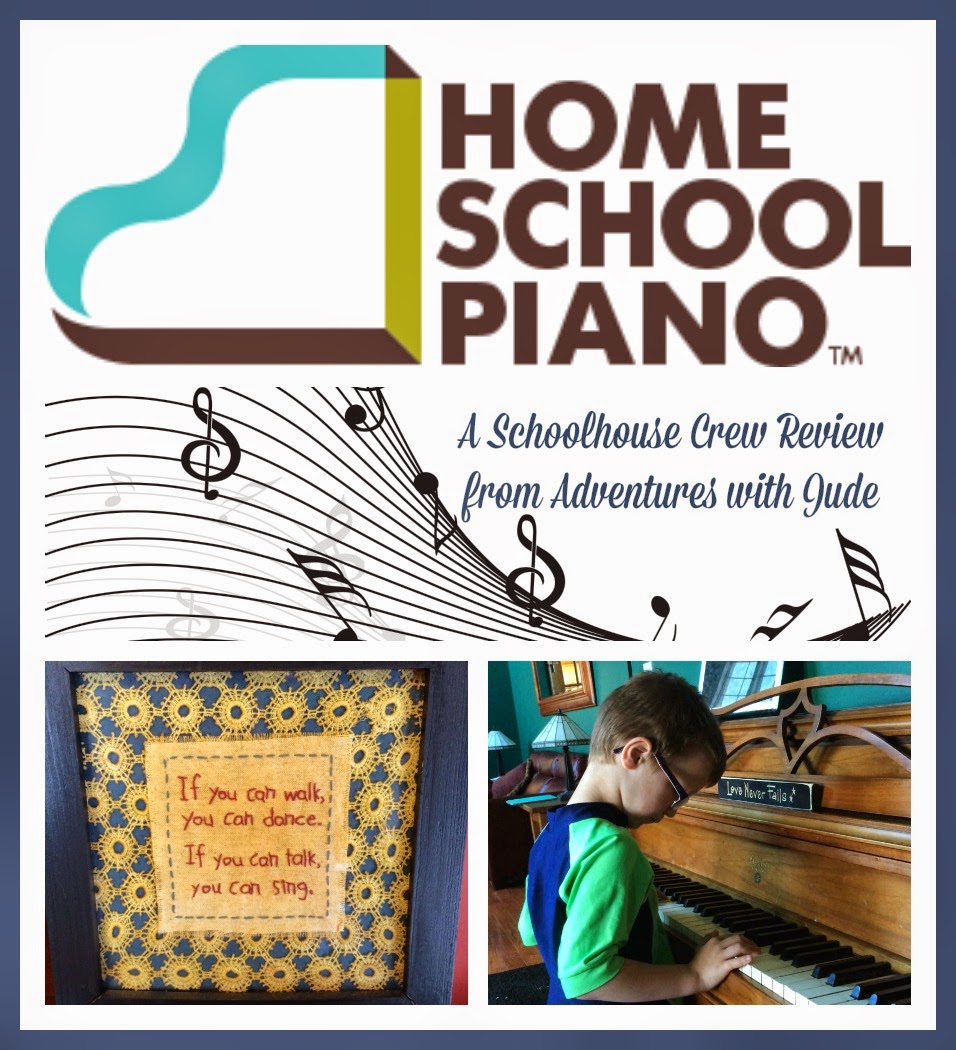
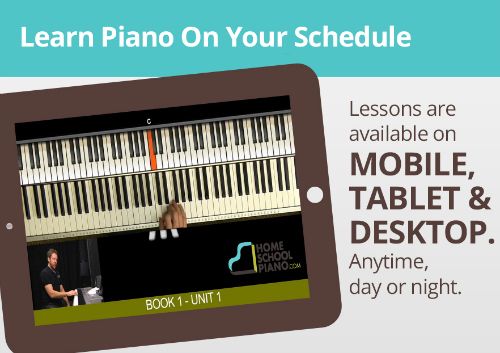
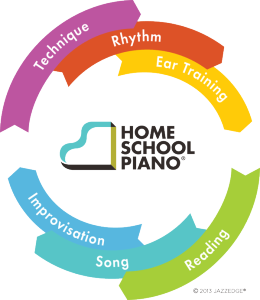
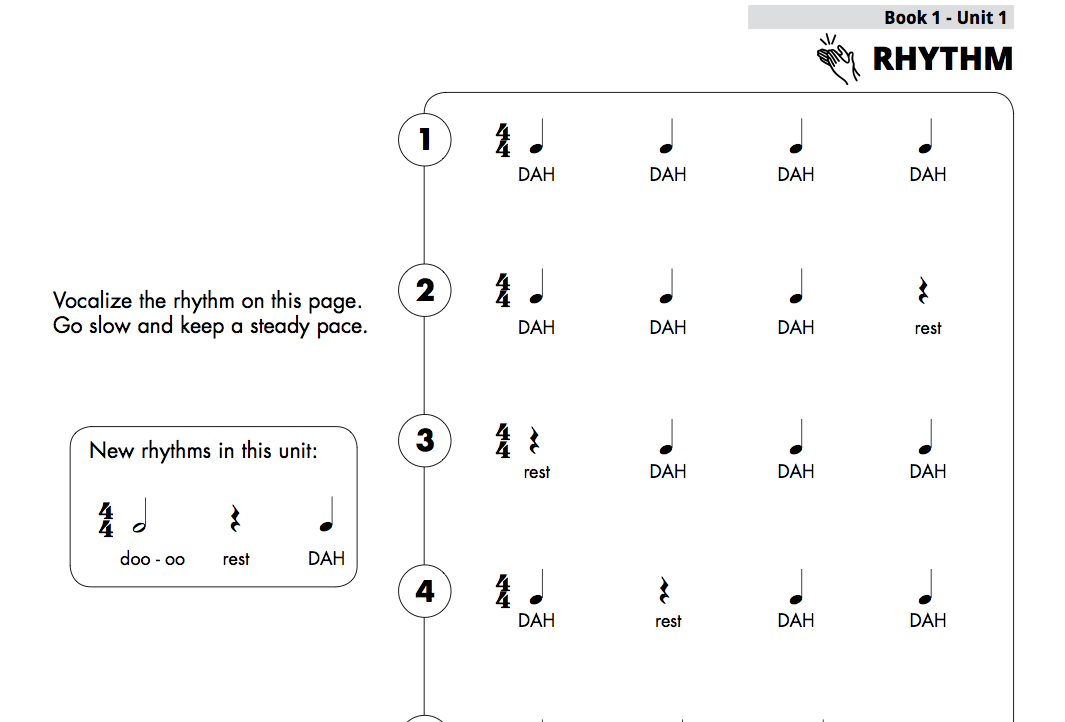
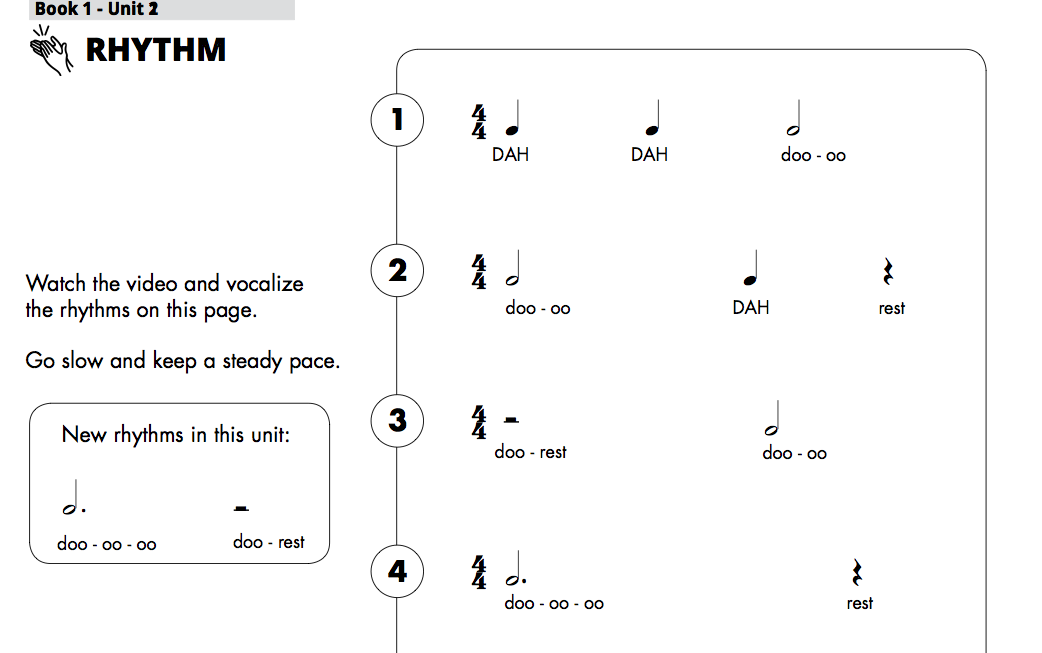

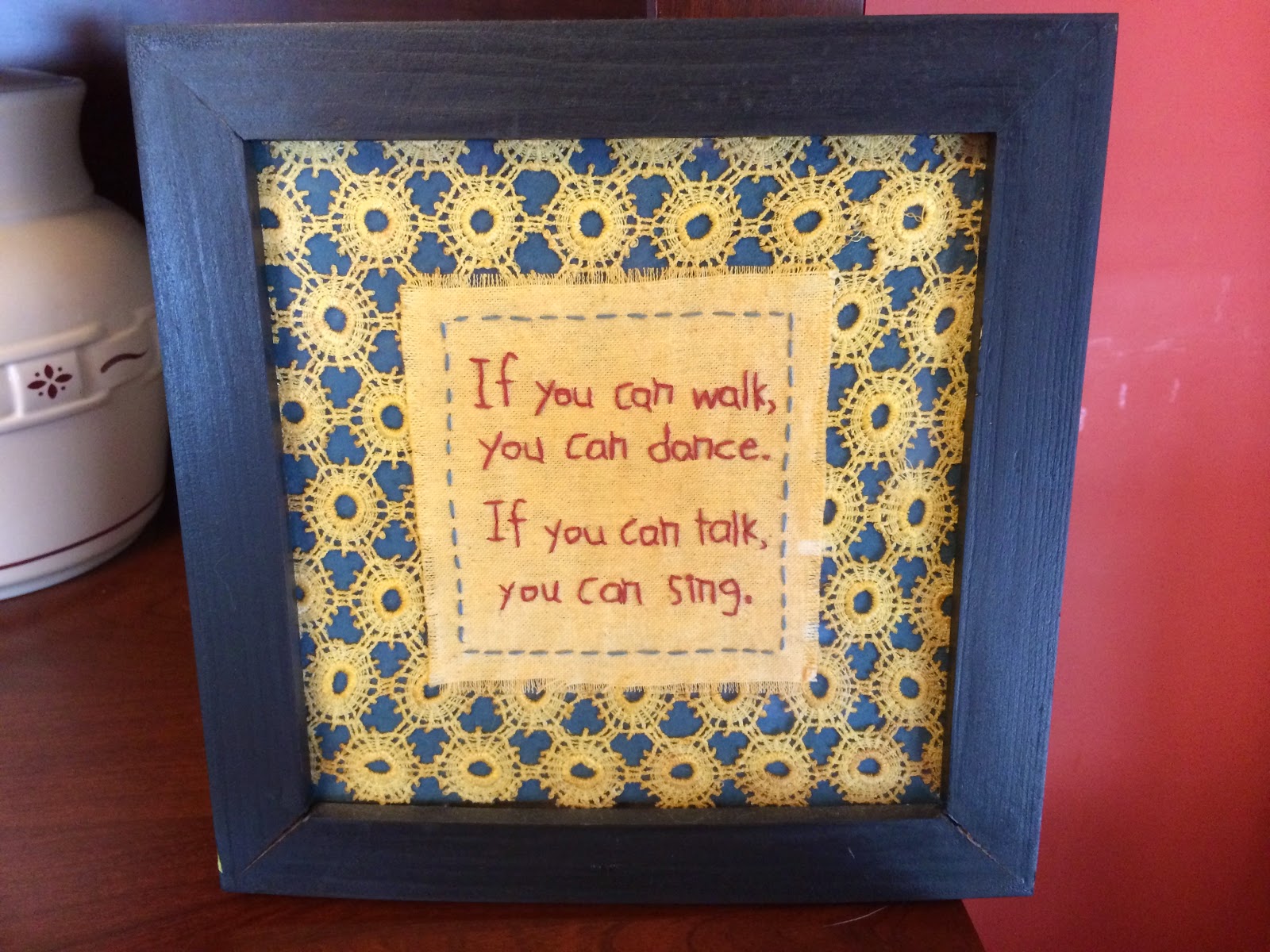

That is so cool! I love how this program worked for Jude and helped him in other areas besides 'just' learning music! Very neat.
ReplyDeleteWe are still loving them! Thank you so much for the opportunity!
ReplyDeleteIt never ceases to amaze me how he seems to turn everything on its ear.
ReplyDelete